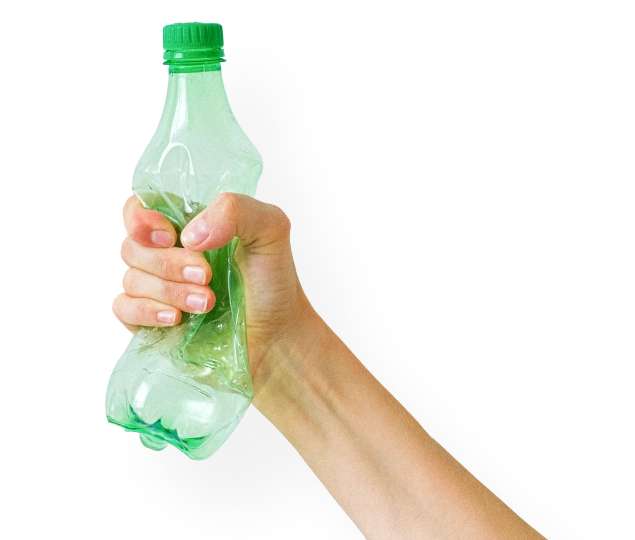
The rising demand of Plastic consumption has lead to the generation of higher volumes of plastic waste ending up at landfills, marine sites etc.We have developed various recycling patterns for various grades of Plastic namely LDPE, HDPE, PP, PVC, PS etc. These Plastic Waste are converted back into granules which can be later used for making valuable products.
Facts about Plastic Waste
These stats are based on global data from trusted sources about Plastic waste collection.
Total annual plastic waste generation in India at a humongous 3.3 million metric tones per year
77% of waste is disposed of in open dumps, 18% is composted and just 5% is recycled
Reusable and recycled waste constitutes only 18–20 percent of the total waste
We follow a hygienic and smart process to manage & recycle Plastic Waste
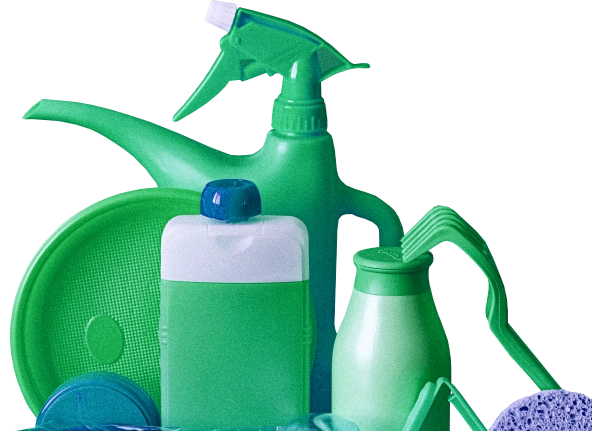
Multilayered LP has a variety of applications but due to the inability to recycle, poses a major threat to the Environment. Rexaw has taken the initiative here by discovering a pattern to recycle MLP. Post Recycling these waste can be converted into granules that are employed by some subsequent industries We use this MLP waste to manufacture Rexaw Chip Boards that can be used in making lavish furniture.
Facts about Multi-Layered Plastic waste
These stats are based on global data from trusted sources about Multi-layered Plastic waste collection.
of plastic waste generated is from packaging materials
of plastic packaging consists of multilayered materials
multilayered plastic films is used by each residence every year
We follow a hygienic and smart process to manage & recycle Plastic Waste
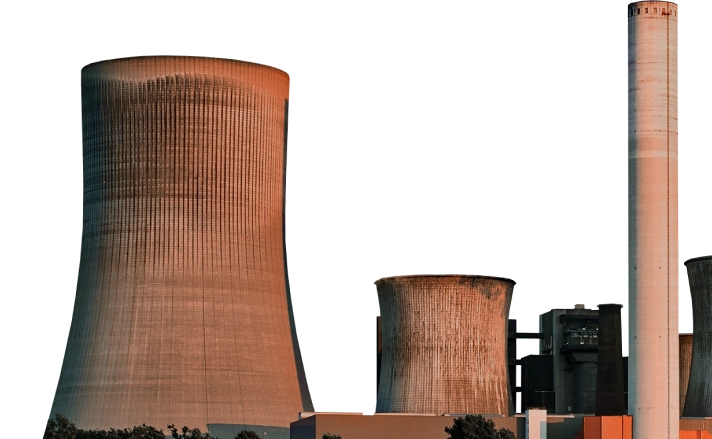
From the last 40 years, we have been working with multiple Industries in managing their Industrial waste/Scrap. Usually all types of scrap generated during the production is bought by us. These include : Plastics, Paper, Wood, Iron, aluminum, Copper, Barrels etc.
Facts about Industrial waste
These stats are based on global data from trusted sources about Industrial waste collection.
10-15 % of production from the industries is scrapped
Tons of Scrap is being Purchased and managed by Rexaw per month
Rexaw is branched across 20+ cities
We follow a hygienic and smart process to manage & recycle waste
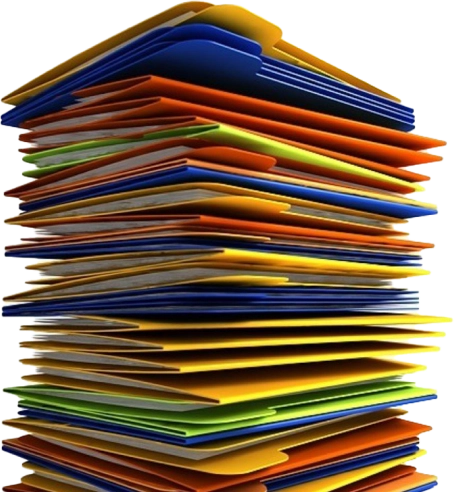
All the documents submitted at BANKs RTO offices, Insurance companies, Post Offices, etc., consists of highly confidential data and can be misused if it falls into the wrong hands. Under the Data Protection Act and various other laws, it is in the best interest of the companies to dispose of the documents safely and efficiently.
Facts about Paper waste
These stats are based on global data from trusted sources about Paper or Document waste collection.
85 Million Tons of Paper Waste Created Each Year
Paper Makes Up 40% of Waste Dumped in Landfills
Average Office Worker Goes through 10,000 Sheets of Paper (Per Year)
We follow a hygienic and smart process to manage & recycle Plastic Waste
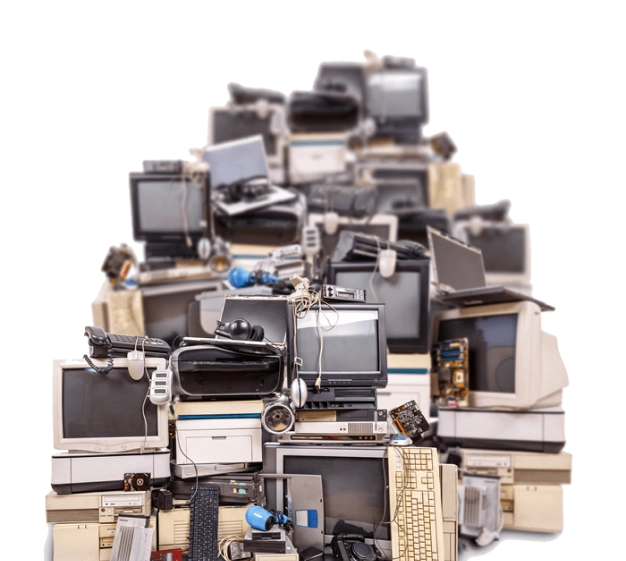
We assist the companies in fulfilling their EPR liabilities. Our vast presence across India has enabled us in the development of an efficient system for the collection of E-waste in large quantities, followed by recycling by our registered Recyclers*.
Facts about Electronic waste
These stats are based on global data from trusted sources about Electronic waste collection.
3 Million Metric Tones (MMT) of e-waste is generated annually
India ranks 3rd among e-waste producing countries
Out of all 3 MT, merely 18% of e-waste is recycled
We follow a hygienic and smart process to manage & recycle Plastic Waste
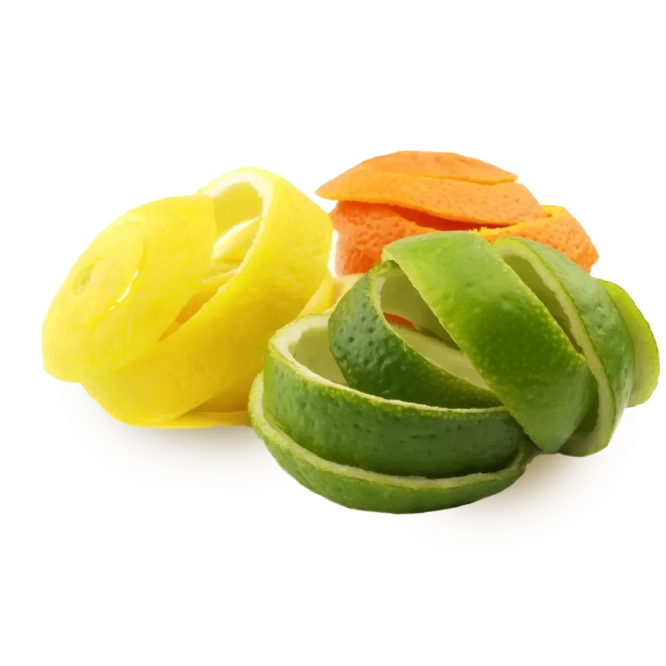
Any waste that is not considered dry waste is regarded as wet waste. Mainly consists of kitchen waste such as vegetable, fruit peels. The chances of recycling the waste get reduced because of the presence of wet waste in it. Dumping wet waste in landfills is environmentally undesirable and unsustainable as it generates dangerous methane gas.
Facts about Wet waste
These stats are based on global data from trusted sources about Wet waste collection.
An average Household generates 50 Kg of additional wet waste
Household waste consists of 75% Wet waste, 20% Dry waste and 5% Sanitary waste
Biogas has 55–60 percent methane and can be used as fuel for power generation
We follow a hygienic and smart process to manage & recycle Plastic Waste
CPCB/SPCB Registered Recycler for Gujarat and Uttarakhand under Plastic Waste Management Rules 2016
Recognized by the Pollution Control Board to handle Hazardous and non-Hazardous Waste.
Assisting majority Plastic Packaging & FMCG Companies in aiding Plastic Waste Management Solutions namely Hindustan Unilever, ITC, Uflex Limited
We recycle all grades of Plastic namely PET, HDPE, LDPE, PP, PVC, PS, MISCELLANEOUS